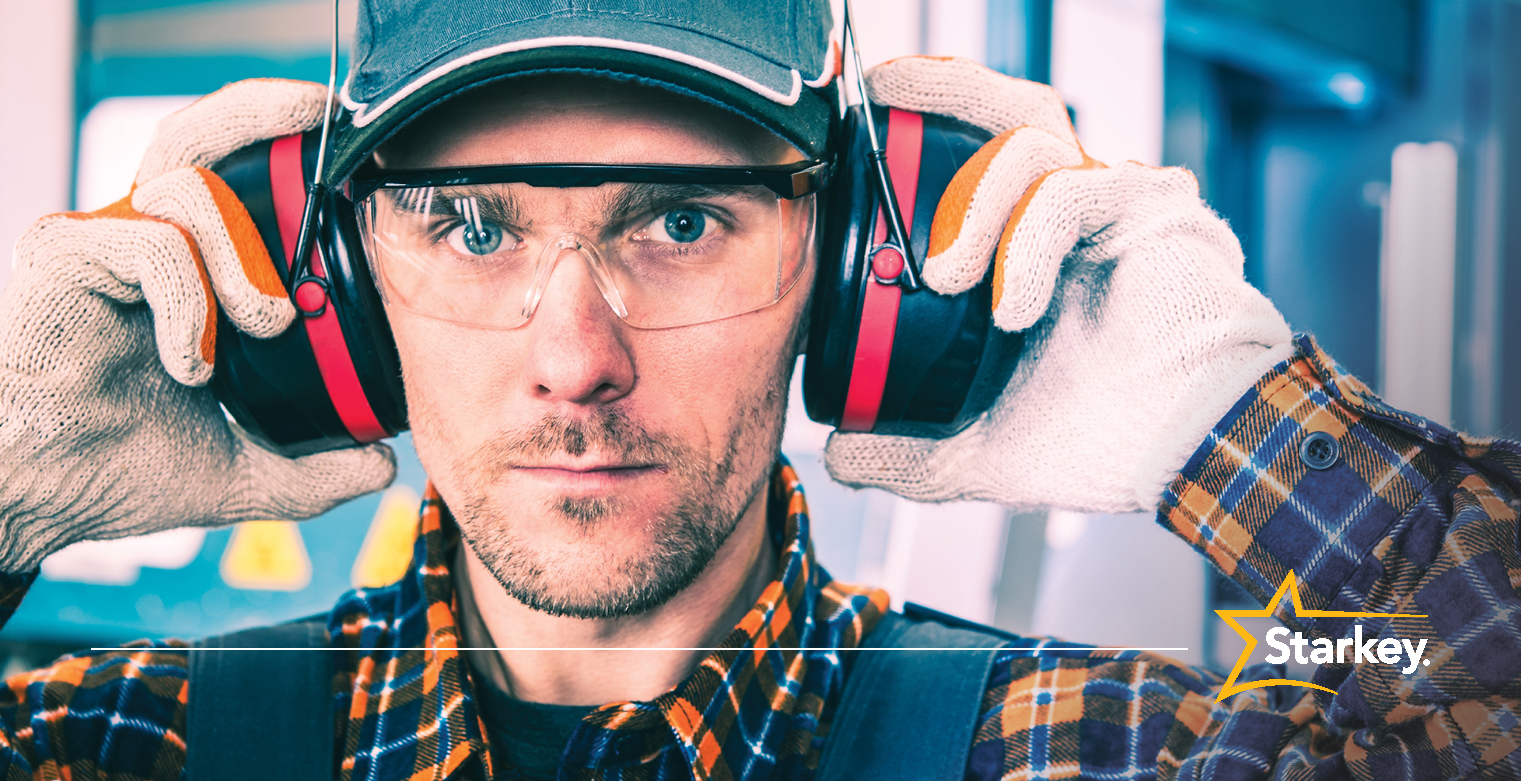The single most preventable type of hearing loss is ‘noise-induced hearing loss’ or NIHL. Over a period of time, you may think you’re adjusting to the loud sounds, but unfortunately your brain and ears never adjust. Your hearing will not recover once you lose it from loud sound exposure. NIHL is usually a gradual occurrence; often by the time you become aware of NIHL, it’s too late to stop damage. The good news? We’ve created a list of ten things you can do to begin protecting your hearing immediately!
Tips to Protect Your Hearing
- Keep on moving: Seriously, exercise helps tremendously. The increased blood flow positively affects the ears - circulation aids in keeping the ear’s internal parts healthy.
- Use hearing protection: When you know you’re going to be or are just suddenly exposed to any type of loud sounds, earplugs are very effective. Either foam earplugs if it’s not a usual occurrence, or even custom made earplugs can be ordered if you’re spending a lot of time in areas with loud sounds and/or noises.
- Don’t stick things in your ear: I know it sounds simple and trivial, but your mother was right when she said not to stick anything smaller than your elbow in your ear. This includes bobby pins, keys, cotton swabs, paperclips, or whatever else you may think to use to scratch or clean your ears.
- Adjust the volume: Try to turn the dial back on the volume of your TV, radio, earbuds, etc. Your ears will thank you!
- Take a break: When you’re listening live to loud sounds like concerts, music, fitness class, etc., (pre-covid of course...) give your ears a break from the noise when possible.
- Avoid the noise: When possible, simply save your ears the trouble and try to avoid loud/noisy places or activities.
- Move away from the noise: Loud speakers, fireworks, and more can hurt your ears. Move a little further away whenever possible.
- Recovery: When you’re exposed to loud noises, give your ears time to recover before exposing them to further loudness.
- Time matters: Every possible opportunity, limit the time you expose your ears to loud sounds.
- Get a hearing test: Go and get your hearing tested. Especially if you experience a change in your hearing, ringing or fullness feeling in your ears that lasts more than 24 hours.
If you have questions or concerns about your hearing, contact a hearing healthcare professional near you by calling (888) 919-6824 or clicking here.
